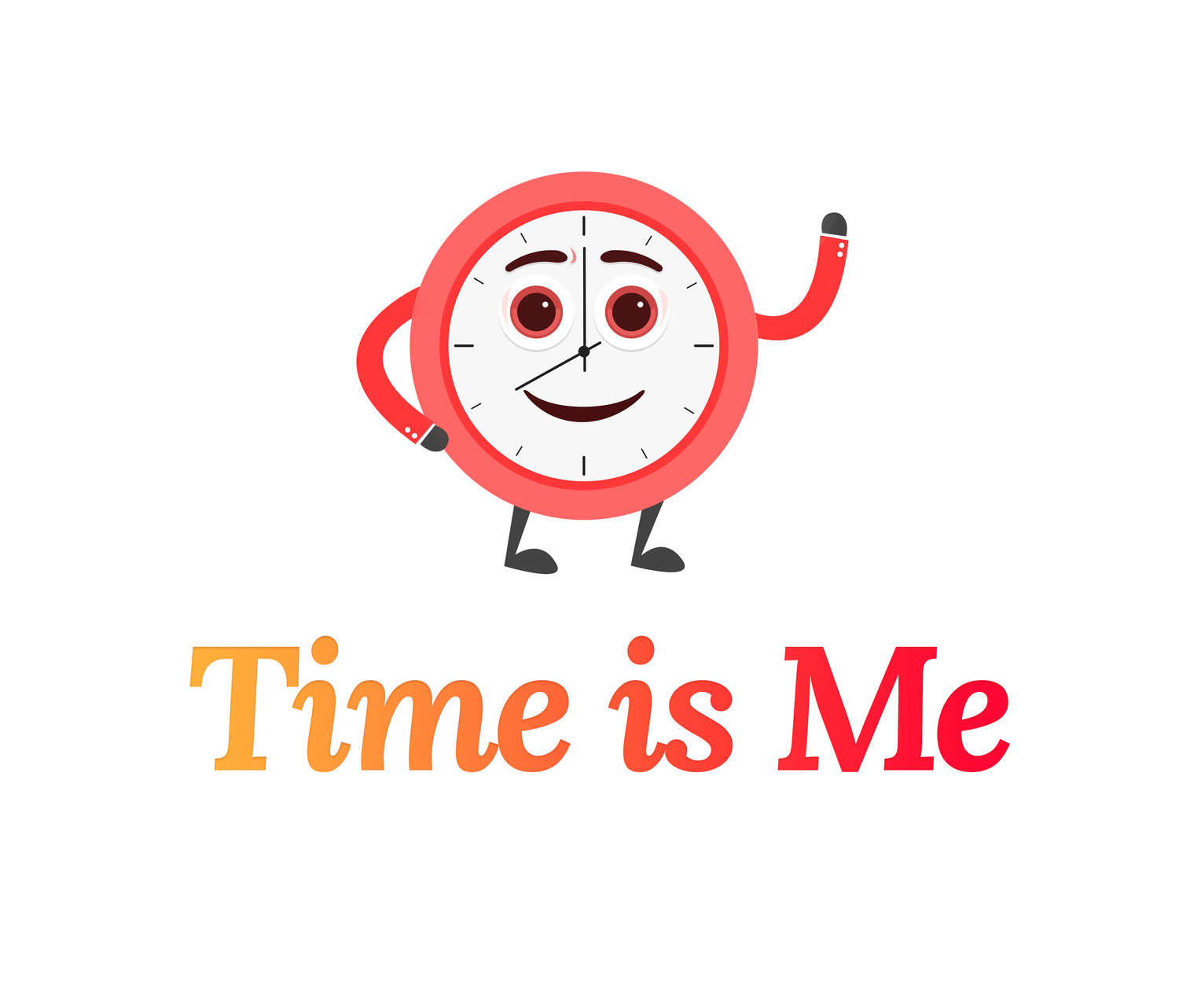Planning is very valuable to productivity in most cases. It is what essentially goes behind making a time budget, a detailed schedule, and as well for longer-term endeavors like goals and discovering what you really want to do. Planning is what is actually at the core of solid productivity and time management and while not everything in productivity, it plays an integral role. Here are five reasons you should plan
- Planning will give you a guideline. Since life is not perfect and everything is going to go at least little differently than expect, having a plan puts you ahead of the game and even when off track a bit it is easier to get back on track.
- Planning keeps you focused. When there is a plan in place, it is easier to focus on the goal because there is one. It is when there is no goal (or too many goals at the same time) when focus goes off the wall.
- Planning increases chances of success. While there is a chance of success without a plan, it is just that, a chance. Now planning doesn’t always guarantee success; however, it does help. When a pivot is needed, this is where planning comes back in to course correct.
- Planning strengthens other skills. Planning is a main part of executive functioning which also encompasses skills such as time management (scheduling, being on time, getting things done on time), prioritizing, goal-setting, and organizing (whether physical, electronic, or mental).
- Planning is a skill that you improve upon. The more you plan, the better at it you become. This is a skill that is valuable in practically every profession, organization, as well in your personal life. No one will be upset at you for planning well. Only in excess is planning a problem.
Just as anything else that is good, too much planning can be an issue. Planning in excess can lead to not actually executing on any decisions or anything just because all of the time is spent planning. Another caveat of too much planning is being to inflexible, which in pretty much anyone’s life that is not practical. Being too rigid with a schedule or plan is detrimental to productivity. Overall, life is going to happen either way, you can plan or you could not plan. Planning properly will always put you ahead. Let me know your thought on planning and ways that you plan that are effective
Related Posts

